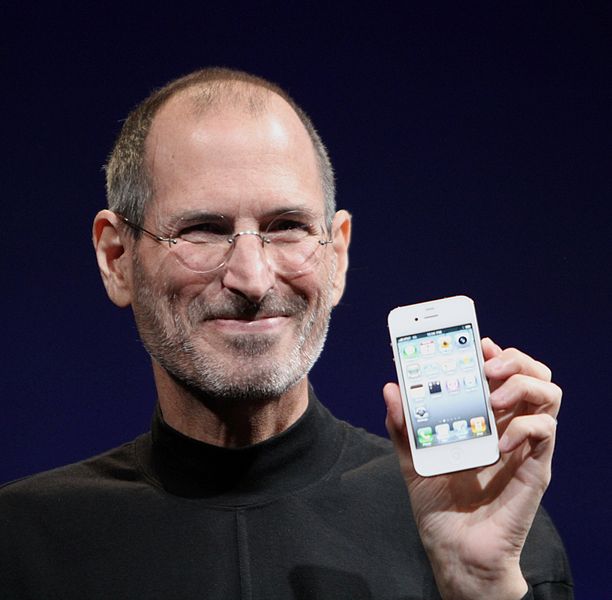It only took minutes after Seattle’s Saturday victory for their focus to shift. Usually the winning side stays in a reflective mood after a win, even if their clichés talk about moving on to the next match.
Not on Saturday, though. It was as if the Sounders had been waiting for that final whistle – a signal that would give them permission to change gears. The next Cascadia Derby was only seven days away, and handed a surprise defeat by a struggling Portland the last time they ventured down I-5, the Sounders seemed keenly aware of their chance for redemption.
“It’s a game we’re looking forward to,” Seattle head coach Sigi Schmid said on Saturday. “Cascadia Cup is important to us. We felt a little hard done in our last game down there. I didn’t think we played real well. The game got away from us, and also emotionally got away from us a little bit. We’re looking forward to going down in front of the Timbers Army and putting [up] a result.”
If you’re unaccustomed to soccer in the Pacific Northwest, the intensity will seem strange, perhaps even contrived. Shouldn’t Seattle have more to worry about than the West’s last place team? True, Portland’s a regional rival, but maybe the Sounders have bigger fish to fry. The Timbers are in last place, whereas Seattle sit second in the West with an outside chance of reeling in San Jose. Almost certainly going to the playoffs, Seattle may want to start getting ready for a postseason that has been unkind since they joined Major League Soccer.
Not this week. This week is all about Portland, and there’s nothing contrived about it. It’s all about Cascadia Cup.
The attitude was the same at Portland’s last home game, all the way back on Aug. 31. After that Friday night win over the Rapids, the feeling started to creep into the stadium: The next time everybody’s here, Seattle will be in town. Four days ahead of a match in Commerce, that feeling was quickly stomped out. First things first.
Portland went on to lose badly in Colorado, another reminder that the Timbers’ 2012 has fallen apart. The math doesn’t say so, but their 2012 playoff hopes are gone. Their main focus is preparing the team for Caleb Porter’s December takeover.
Still, as is the case with Seattle, Portland’s future is on the back burner this week, especially with a chance to win the actual Cascadia Cup.
“There’s always a bit more emphasis on these games, especially with the Cascadia Cup and where we stand,” Timbers’ captain Jack Jewsbury told MLSSoccer.com. Still three points ahead of Seattle in the Cup’s three-team standings (Vancouver at the bottom), Portland can clinch this year’s title with a win on Saturday.
“It means a lot to [the fans], we know that,” Jewbury explained, “but it means a little bit more to the group in the locker room, as well, to bring home some sort of trophy.”
It’s the type of rivalry Major League Soccer has always wanted. For years the league has tried to promote this type of synergy. Competition formats have been altered, unbalanced schedules have been adopted, both with the idea of creating a series of Portland-Seattles.
That hasn’t happened, though. Once you’ve been around Portland-Seattle, you know why. There’s something natural, almost inevitable about this rivalry. The idea that this strange, reserved, passive aggressive enmity could be replicated elsewhere suggests people can replicate nature. Rivals like the northwests’ just happen, and whether that’s because of the distinct notion of the Cascadia region, the counter-cultural ethos of the northwest, or the deep professional soccer history of the area, it’s an alchemy too unpredictable to replicate.
It’s just not the same elsewhere. Perhaps that’s holding other rivalries to an excessively high standard, but even before Cascadia came into Major League Soccer, there was the feeling the truly unique matchups still needed time to develop. The intensity just weren’t there (at the time, we didn’t know what ‘there’ was). Yes, D.C. fans were passionate about New York, but after seeing Portland-Seattle, you wonder if those types of environments are organic or by default?
Will fans always choose a rival? And can those chosen rivals ever compare to the ones which naturally evolve?
Even after seeing almost top level two seasons of the rivalry, it’s strange to look at Seattle and Portland, know all the interests they have beyond Saturday’s game, and see two teams willing to stop the world for a local rivalry.



















0 ความคิดเห็น:
แสดงความคิดเห็น